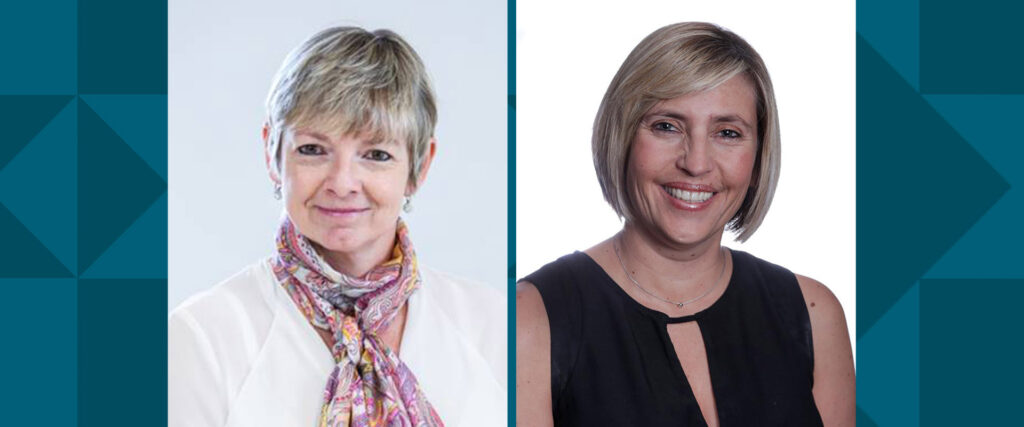MAIN IMAGE: Hayley Ivins-Downs, Lightstone head of sales; Jenny Rushin, BetterBond national development manager.
Single women are the biggest group of first-time home buyers in South Africa, and have been for six years – how is this changing the real estate market?
Single women first-home buyers continue to outnumber male, married couples and multiple buyers. According to Lightstone’s head of sales, Hayley Ivins-Downes, this trend has held true for the six years between 2015 and 2020, “and that is despite the dramatic falloff in sales this year caused by the impact of Covid-19 and the lengthy lockdown resulting in various restrictions across industries,” she says.
The trend shows the increased purchasing power of single women, especially black women. According to Ivins-Downs in 2019 around R18 million in bonds were approved for black women, the highest that year of any racial category and a significant increase from just over R15m in approved bonds to the same group in 2016.
Also read: Single women are now SA’s biggest group of property buyers
The bond applications that mortgage broker BetterBond received from women this year confirm these statistics. Last year, 60% of their bond applications from women were from single women,” says Jenny Rushin, BetterBond’s national development manager.
Over the last decade the number of bond applications from women increased by 12% with 40% of all applications received this year from women. Also, in 2010, only 14% of bond grants were to women, and now that number is 41%.
Leadhome CEO Marcél du Toit says the steady rise in women’s buying power is fundamentally reshaping the South African property market, which was traditionally dominated by men. More than 50% of their buyer and seller enquiries are from women.
He says part of the reason for this trend is growing female participation in the workforce over the past three decades. According to economic data supplier TheGlobalEconomy.com, female labour force participation in South Africa has risen from 41.41% in 1990 to 49.61% in 2019. The world average in 2019, based on 182 countries, is 51.98%.
“There are two significant trends which the data reinforces: firstly, that first time homeownership mirrors the changing balance of economic power between men and women, and secondly, that black women in particular are an important market segment”, says Ivins-Downes.
However, Ivins-Downs points out that the average price women are paying for property is just short of R500 000 as opposed to the married couple and single male categories where the average price is just less than R600,000. She says the fact that most of these sales fall into the lower price range could reflect the lower earning capacities of women still prevalent today, and it could also be indicative of the number of single mothers.
According to Rushin men earn an estimated 35% more than women for doing the same work in some professions. Not that this stopping women from applying for home loans. “Despite the gender gap, it is encouraging to see the significant growth in bond grants for women,” says Rushin adding that with the current lending environment and interest rates at historic lows, property is now even more accessible to women.
Du Toit agrees and says the statistics clearly show that earning less isn’t stopping women from buying homes. “While women still lag men in some areas of the economy, it’s exciting to see the growing number of South African women who are asserting their right to home ownership,” says Du Toit.
He notes that these figures can be attributed to a growing trend where modern women aren’t waiting for marriage or a partnership to buy a home. When it comes to buyers, there is a greater interest from female buyers in their 20s than female sellers, which makes sense, as most people in their 20s are looking to buy their first home. In their 30s, they are typically looking for their second home as their families grow.
Du Toit concludes that the shift towards female-led buyers will ultimately have positive effects for the entire property market in South Africa. “The traditional consensus in the property market was that younger people would wait to buy a house until they were married and had kids. However, that trend has shifted, and we’re now seeing that many young women view the buying of property as an investment and an opportunity to build wealth early. Ultimately, this will not only prove to be beneficial for women, but for the entire South African property market.”








